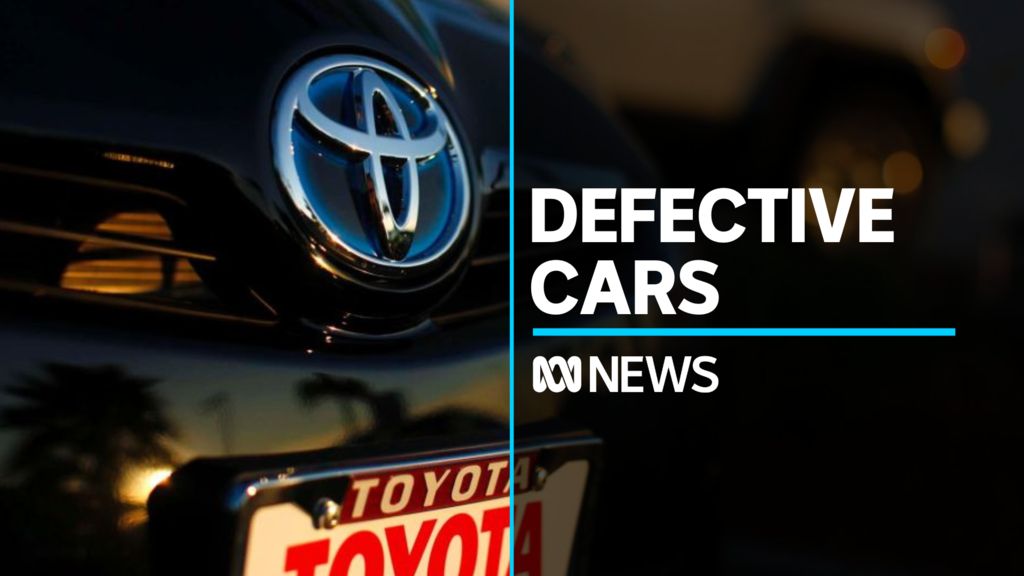Toyota compensation cut for defective vehicle owners
More than 264,000 owners of defective Toyota vehicles have had their class action compensation slashed after a legal win by the automotive giant.
The Full Federal Court has denied Toyota’s challenge to an April 2022 decision finding Hilux, Fortuner and Prado vehicles sold between October 2015 and April 2020 had defective diesel particulate filters.
The three-judge panel rejected Toyota’s claims that whether a product was of acceptable quality depended on the purchaser’s point of view or whether they were concerned about defects, finding that this instead revolved around the characteristics of the product itself.

Toyota’s arguments that defects in the DPF system did not amount to a defect in the actual vehicle were also rejected.
The issue with the DPF caused these vehicles to spill white smoke and foul-smelling exhaust, and decreased fuel efficiency.
It also meant owners had to fork out for an excessive number of inspections, services and repairs, and in some cases, caused a loss of income when drivers could not use their cars or had to take time off to remedy the issue.
The Full Court said on Monday that Justice Michael Lee’s initial finding that eligible vehicle owners should be compensated by 17.5 per cent of the value of their defective automobiles was too high, reducing this to 10 per cent instead.
The judges found evidence relied upon by the judge as “a useful guide to valuation” and “robust common sense” when determining the reduction in value was flawed.
“This broad brush approach failed to have regard to the extent of the validity of the main criticisms raised by Toyota,” they said.
The matter has now been sent back to Justice Lee for re-assessment of the compensation.
Upon the April judgment, Toyota was estimated to owe around $2 billion in damages after lead applicant Kenneth Williams was awarded over $18,000.
With the Full Court’s findings, Toyota could still be on the hook for over $1.1 billion.
Gilbert + Tobin, the firm running the class action, said around 100,000 vehicle owners had registered for compensation.
“We welcome confirmation of the primary judge’s findings that the relevant vehicles were defective and their value thereby reduced and are otherwise considering the Full Court’s judgment carefully,” said partner Matt Mackenzie.
A Toyota spokesperson said the firm was reviewing the Full Court’s decision, and would consider it carefully before commenting further.
“We remain committed to assisting any customer whose vehicle has experienced the DPF issue and to providing a free-of-charge remedy that has been available since 2020,” they said.
“We believe we have implemented customer-focused and technically grounded measures to resolve customer concerns.”








